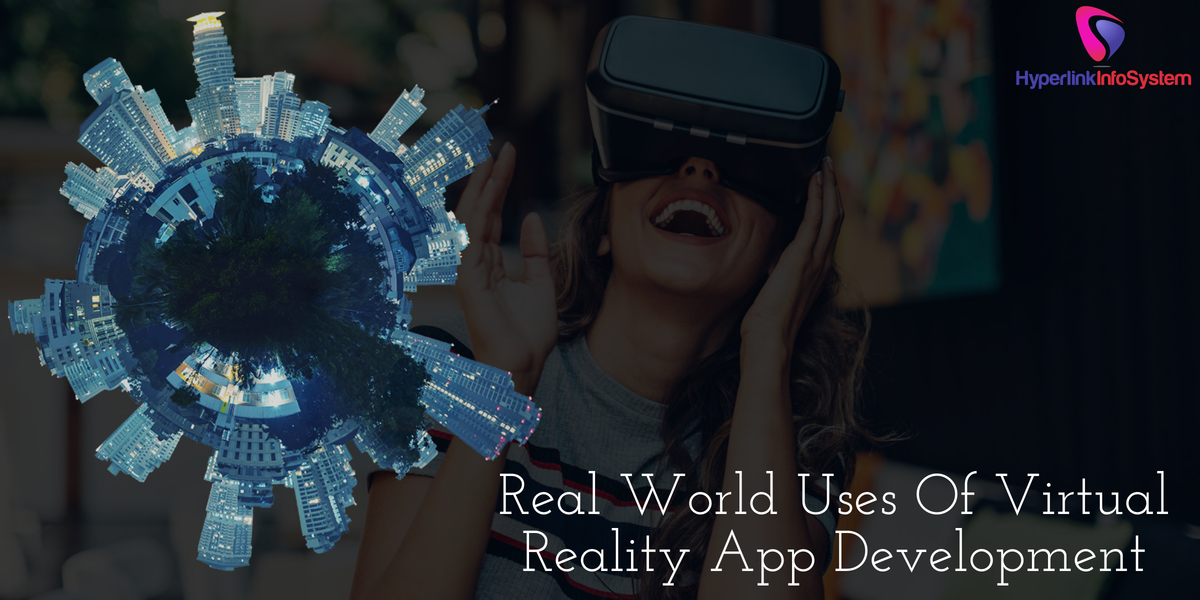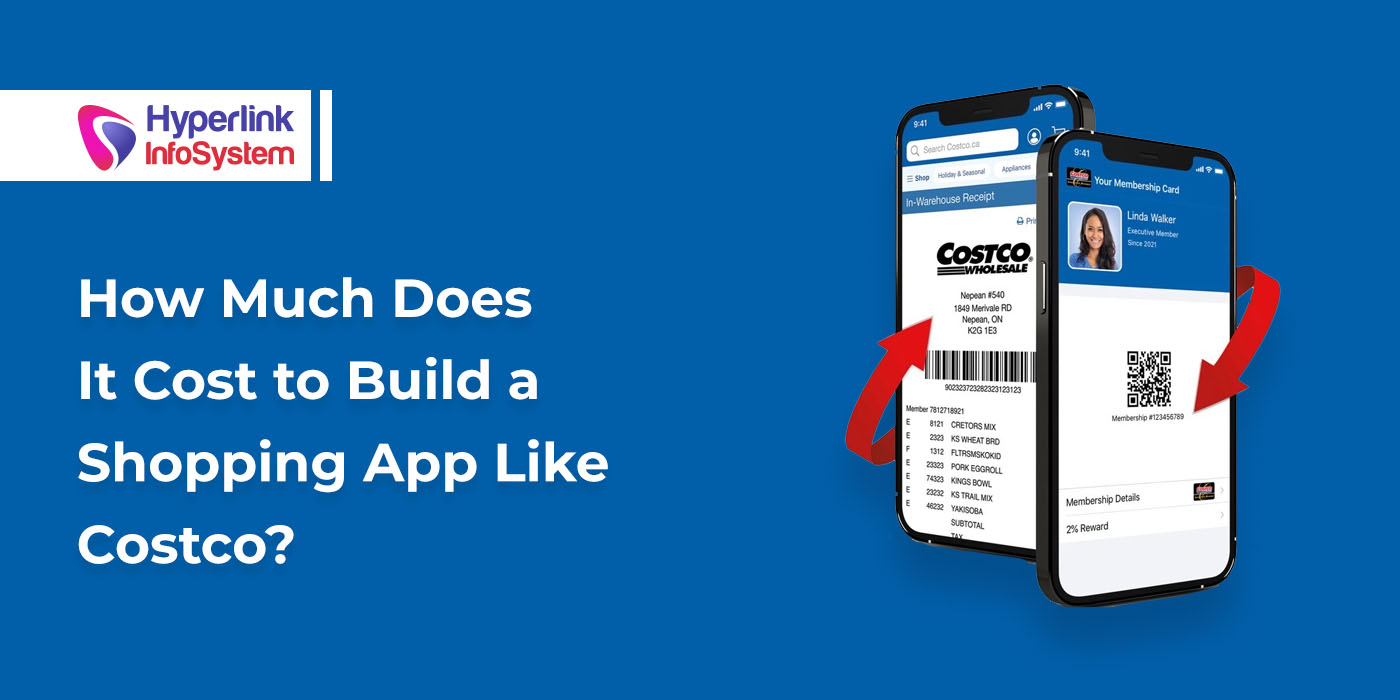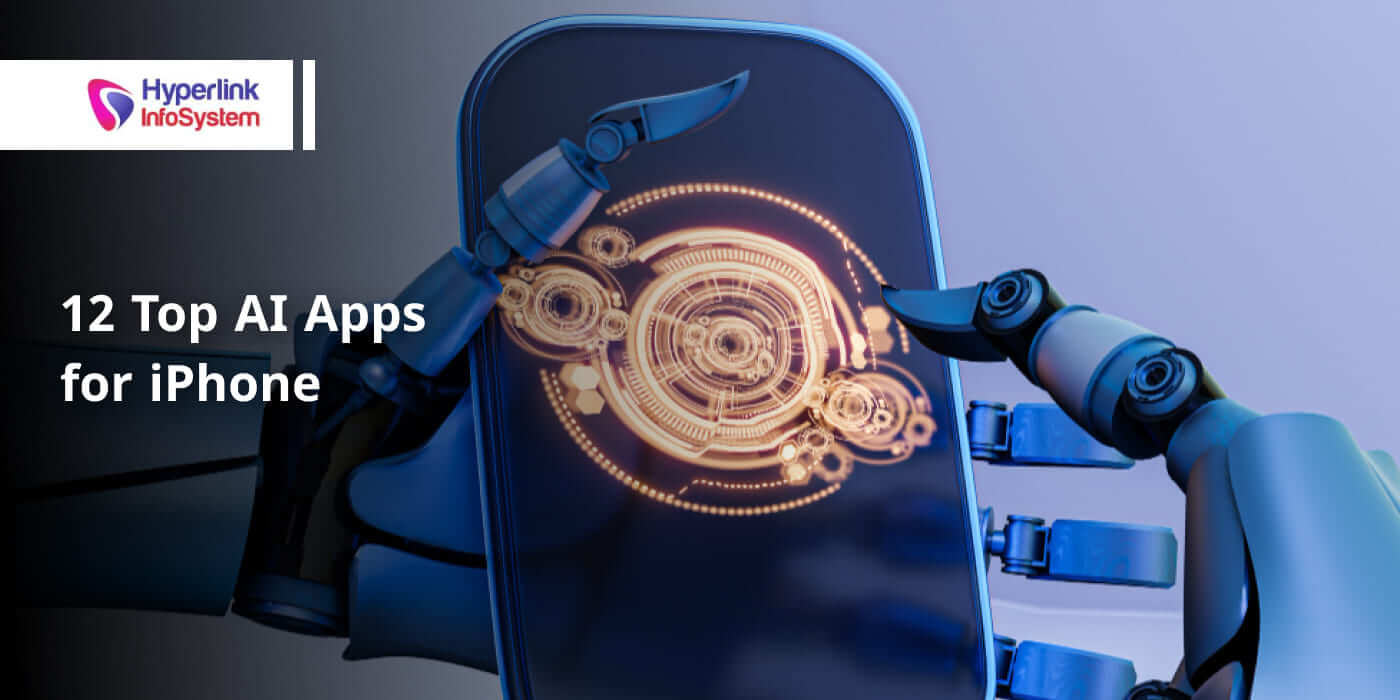Virtual Reality has application in virtually every walk of life. This technology has helped to make life easier, save cost and to achieve perfection in the delivery of services. Below are seven key areas where
Virtual reality app development companies can offer their services;
1. Military:
The military is one of the professions that have since adopted virtual reality. This technology is being used by all three major arms of the military; army, navy and air force for a wide range of purposes. Some of the areas in which virtual reality is used in the military include flight simulation, battlefield simulation, medic training and virtual boot camp.
Virtual reality is being used for military training purposes, this is used for training soldiers in combat situations and dangerous setting, so they can know how to properly react without the risk of death or injury. This technology can be used to re-enact scenario of engagement with enemies, this help to prepare soldiers for appropriate responses.
Aside from the fact that it is safer, virtual reality for military training purposes is less costly compared to traditional training methods, for example, airborne training. Flight simulators are used in place of airborne training as they are a more affordable but effective alternative.
Soldiers that suffer from post-traumatic stress disorder can gradually be exposed to the triggers of their condition via virtual reality. This would result in a decrease in their symptoms as they slowly begin to cope with their condition.
Military training via virtual reality can be carried using Head Mounted Displays which features an inbuilt tracking system. This device would be used alongside a data glove to help the users physically interact with the virtual environment.
In combat visualization, soldiers would be given virtual reality glasses which creates a 3D illusion of an environment. This result will be shared among the soldiers or a team of personnel.
2. Health:
The healthcare sector is another industry that has adopted virtual reality technology. It has found use in areas such as phobia treatment, surgery treatment, and robotic surgery. Using this technology, healthcare professionals learn new skills as well as brush up on old ones, all in a safe environment.
Virtual reality can be used for diagnostic purposes. Used alongside other methods such as MRI, scan, and blood test, doctors can arrive at a diagnosis without the need of surgery or any invasive procedures.
It can also be used in the area of remote telesurgery. This is an instance in which a surgery is conducted by a surgeon in a different location than the patient.
Virtual reality can also be assisted by its close cousin Augmented reality, where computer generated images can be superimposed on parts of the body that needs to be treated.
3. Business:
Business is another beneficiary of the
Virtual reality technology. Virtual technology can be used for the training of staff, providing insight into the product and into a business environment. The technology can be used in the development of a prototype for a product, which can be less expensive and less time consuming compared to developing several versions of it.
It can also be used as a tool for product diagnostic, as design problems can be spotted from the prototype at an early stage.
Virtual reality app development plays a very crucial role for businesses that produce harmful or dangerous products. The technology offers an environment that is safe for the testing of their products without harm to themselves or their employees.
It can also be used for communication within the business environment, as meetings can be held between people in different locations.
4. Education:
Astronomy is one area virtual reality has positively impacted. Students can learn about the solar system in great details using VR, they can interact with members of this system. They can see planets, move stars, study the surface of an asteroid etc. In general, students can see how abstract concepts work in a 3D environment, deepening their understanding. This is highly beneficial, particularly, for special students who learn better with textures, symbols, and color.
Medical schools in developed parts of the globe have adopted virtual reality for teaching sensitive topics. It can be used for surgery simulations.
5. Entertainment:
Virtual reality app development can also be used in the entertainment industry, most noticeably in gaming. It can also be used in galleries, virtual theme parks, and virtual museums. They can be used for both entertainment and education, placing them in a category called edutainment.
People can walk around
virtual museums and interact with artifacts in ways that were previously not allowed. Visitors will make use of virtual reality glasses which allows them to see 3D objects from different angles. A data glove will also allow them to interact with the exhibit.
Users can also walk through historical buildings, and get to see how people lived at one time in the course of history.
VR app development can be used in the field of sports as an aid for both measuring athletic performance and analyzing techniques. It has been used in sports such as golf, cycling, athletics, and skiing.
Athletes can use this technology to improve their performance. A golfer can use it to improve his swing and an athlete can know exactly what aspect of their performance needs improvement.
Just like in the aspect of product manufacturing, virtual reality can be used in the design of sports clothes and equipment, for example, sports shoes. Sportsmen/women are constantly looking for ways to better their performance and get the edge over competitors. The clothing and equipment industry has to look for ways to keep up with this constant drive for perfection.
This technology can also be used to improve audience's experience of a sporting event. It can be used to make a user walkthrough a stadium and have a feeling for it, so they can know where best to sit and how to buy tickets. Virtual reality can also be used in a sports game, which allows the player to be a part of the competition.
7. Engineering:
It can also be used in engineering and architecture. Engineers can view 3D impression of their projects, this helps to give them a better understanding of their project and spot any potential flaw from early on before actual implementation. The use of this technology by engineers for their project helps to save time as well as cost.
Other areas where virtual reality can be applied include telecommunication, film, media, construction etc.
























